-
Platform
Back
DigiCert ONE Integrations
-
Solutions
Back
-
Buy
Back
Signing Certificates
Everything you need to secure your site.
- Company
-
Resources
Back
-
Support
Back
Resources
Contact Support- Americas
- 1.866.893.6565 (Toll-Free U.S. and Canada)
- 1.801.770.1701 (Sales)
- 1.801.701.9601 (Spanish)
- 1.800.579.2848 (Enterprise only)
- 1.801.769.0749 (Enterprise only)
- Europe, Middle East Africa
- +44.203.788.7741
- Asia Pacific, Japan
- 61.3.9674.5500
- Americas
-
Language
- Contact us
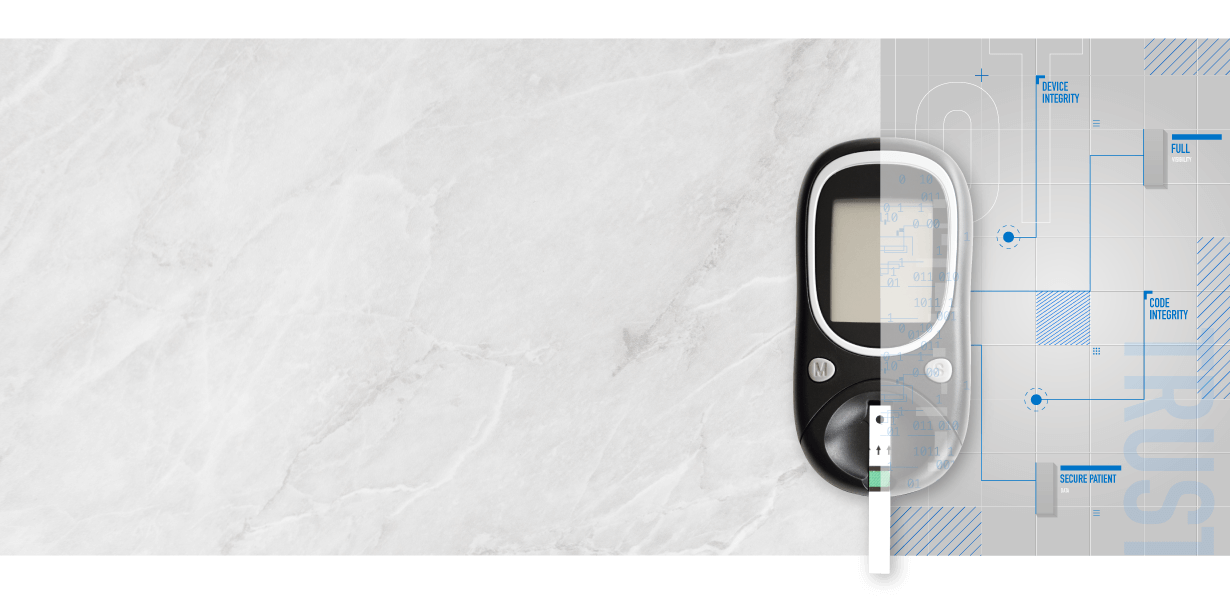
DigiCert® Device Trust Manager for Healthcare
Build IoT Trust Into
Your Medical Devices
Deploy stronger device encryption, ensure integrity
for sensitive data in transit, and maintain compliance.
That’s digital trust for the real world.
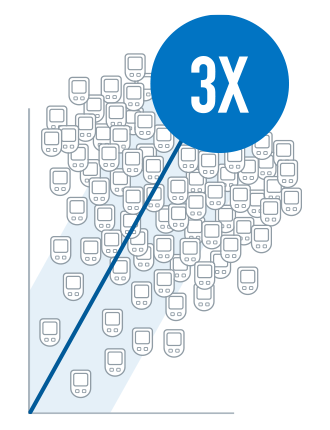
More Devices Doesn’t Have To Mean More Vulnerability
The exponential increase in connected medical devices carries with it an equal threat of cyberattack, turning IoT device management into a costly and sometimes life-or-death issue. In its most recent guidelines on IoT security for medical devices, the United States Food and Drug Administration warned that “cybersecurity threats to the healthcare sector have become more frequent, more severe and more clinically impactful.”
Optional heading that can be visually hidden
The Promise of Proactive Healthcare
Secure IoT medical devices offer the promise of lower costs to healthcare providers and patients alike. With a larger pool of data for medical research and patient monitoring that alerts doctors of risks before they happen, better IoT security means better healthcare.
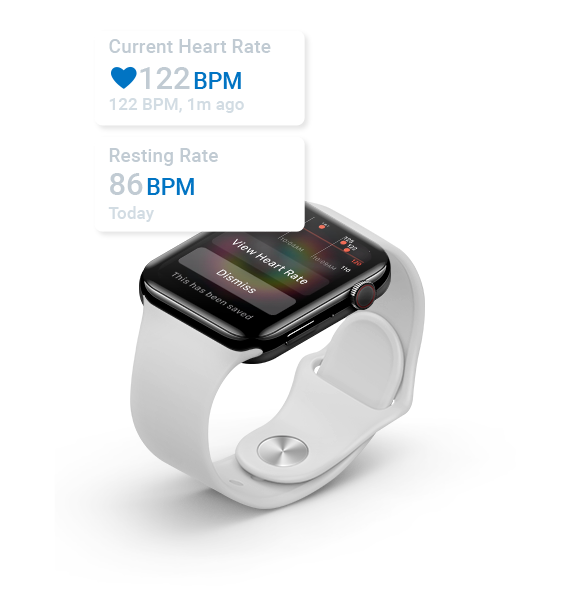
What Is Strong IoT Medical Device Security?

Full lifecycle management
From manufacture to sunsetting, the device is secured

Complete
code integrity
The device is protected against any software code tampering

Total visibility
and identity
The security of the device can be monitored and managed

Cover Device Vulnerabilities
Public Key Infrastructure (PKI) solutions help you adhere to stringent privacy and data protection policies while enabling digital trust for medical devices and mitigating patient risk. No matter how you examine it, DigiCert Device Trust Manager has you covered.
- Authentication
- Certificates for devices validate identities to ensure only authorized users, messages or other types of servers have access to the device.
- Encryption
- A certificate creates an encrypted link and allows information to be transmitted privately.
- Integrity
- Certificates make sure there’s no alteration to messages or data transferred between devices.
Quality and Control
Choose from cloud, on-prem or hybrid
An IoT platform for any type of infrastructure configuration, DigiCert IoT Trust Manager is flexible enough to fit your needs.
Add more experts to your team
Our PKI architects can plug in at any stage of IoT security solution deployment, from proof-of-concept to implementation to securing millions of devices.
Deploy & manage in one place
Deploy thousands of certificates in minutes. Save time by automating management tasks using REST API, SCEP or Web Services.
Streamline device identity management
Consolidate, organize and manage identity relationships for people, devices and sensors that put their trust in IoT certificates.
Ensure data reliability & system integrity
Prevent tampering or alteration in transit with IoT connection management that confirms original device configuration settings and signs messages moving between devices.
Trust architecture that’s better by design
DigiCert is built on hyper-convergent infrastructure with the highest level of availability, redundancy and security compliance.
Related Resources

WEBINAR
Navigate the Evolving Regulations in Medical Device Security
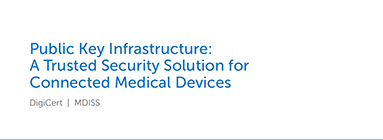
GUIDE
Healthcare Security: Trusted Networked Medical Devices
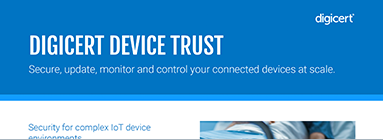
DATASHEET
DigiCert for Connected Devices
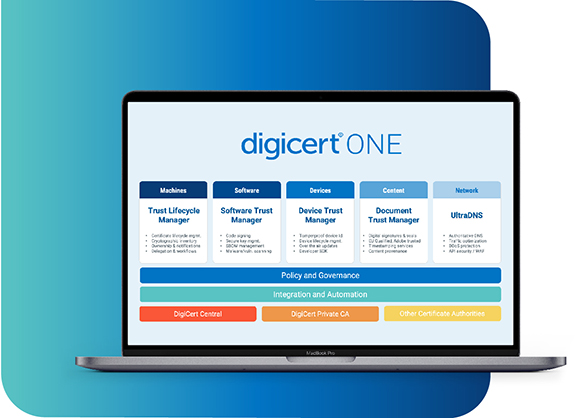
A Foundation for Digital Trust
DigiCert ONE is more than just a platform. It’s a new way of thinking about how you secure and manage everything of value in your organization. From the individual website to the massive enterprise, DigiCert ONE makes security, validation and identity powerful and easy. No matter the size or use, DigiCert ONE delivers control and simplicity for the highest level of assurance.
Take a look at our other DigiCert ONE managers
DIGICERT® CERTCENTRAL TLS MANAGER
DIGICERT® DEVICE TRUST MANAGER
DIGICERT® TRUST LIFECYCLE MANAGER
DIGICERT® SOFTWARE TRUST MANAGER
DIGICERT® DOCUMENT TRUST MANAGER
DIGICERT® DNS TRUST MANAGER
Already using DigiCert ONE? Log in now.
Talk to an Expert To Learn How DigiCert
Solutions Can Help You Deliver Digital Trust
-
Company
-
My Account
-
Resources
-
Sites
-
© 2026 DigiCert, Inc. All rights reserved.
Legal Repository Audits & Certifications Terms of Use Privacy Center Accessibility Cookie Settings

